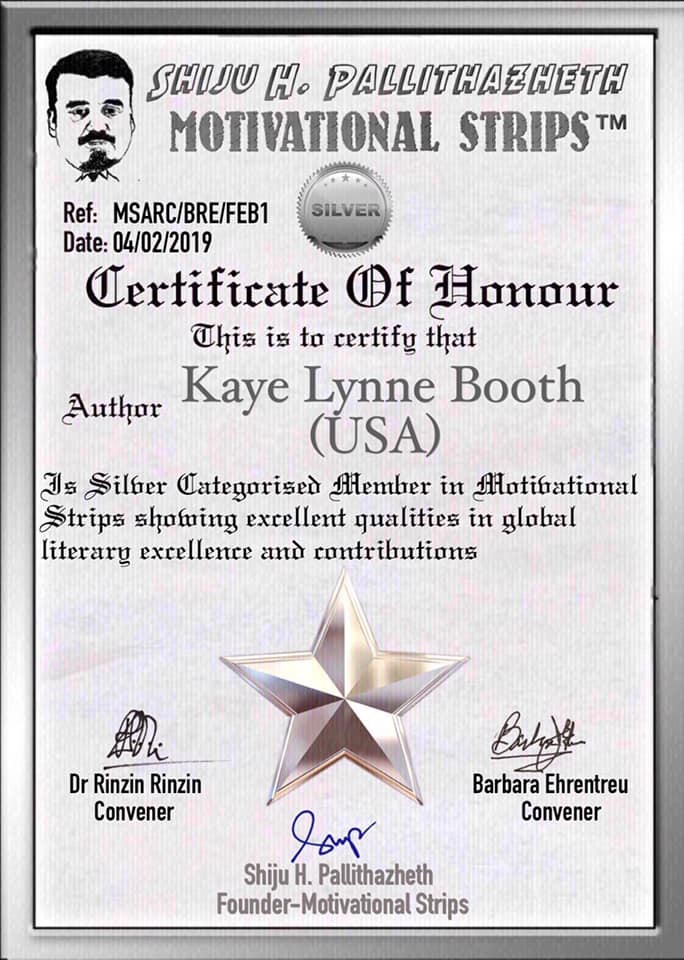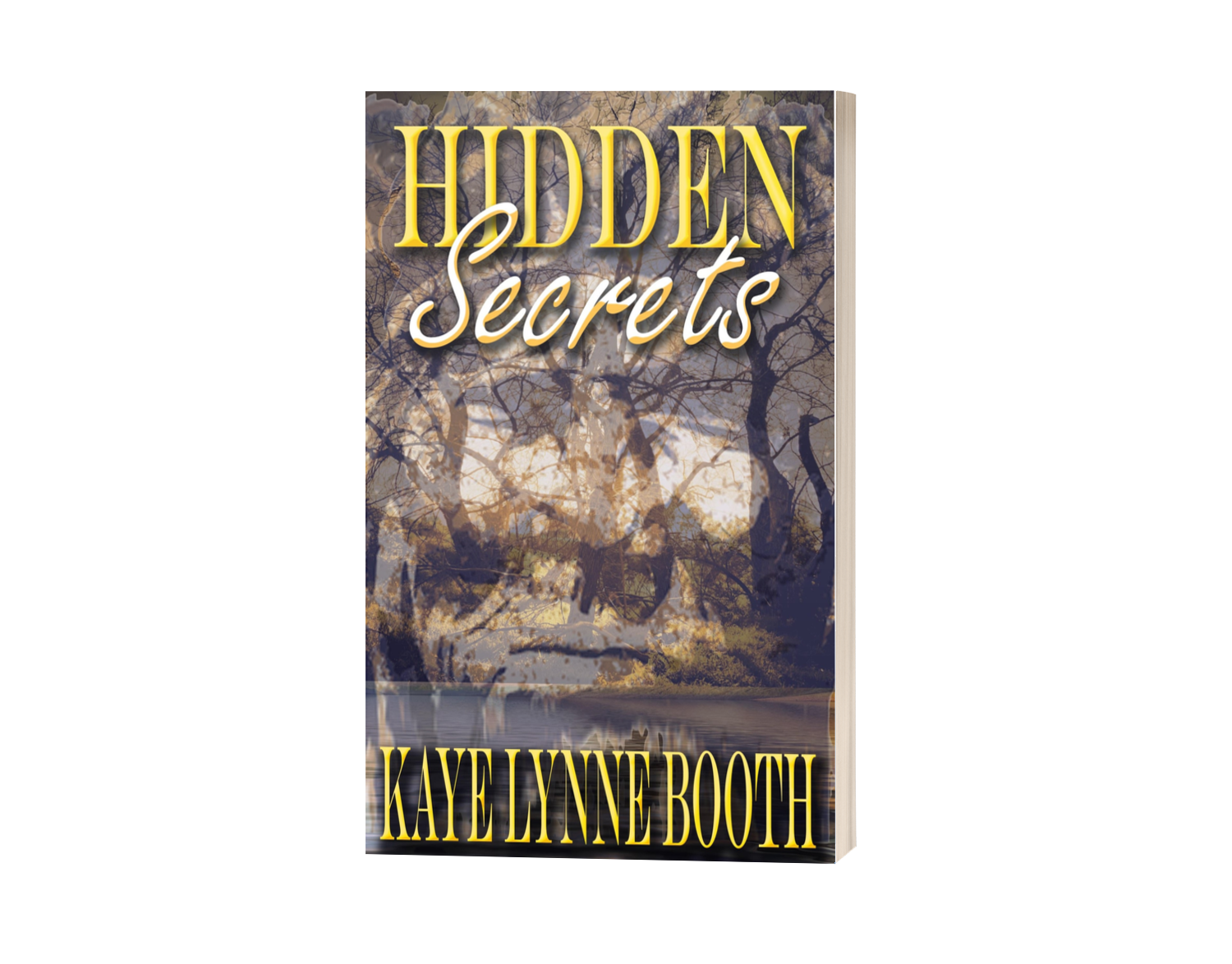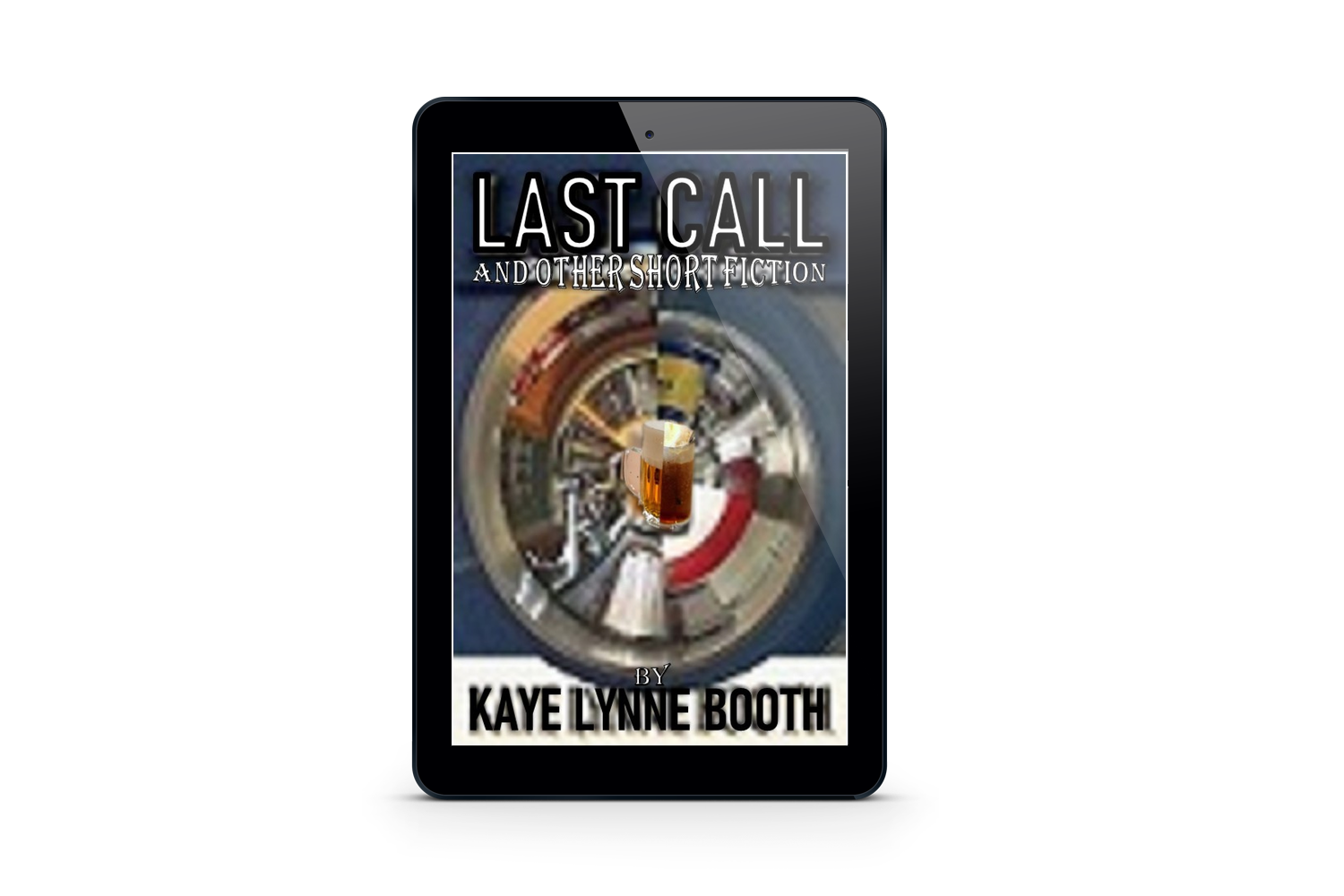Should children read abridged classics?
Posted: June 5, 2019 Filed under: Books, Children's Books, Classics, Growing Bookworms, Reading | Tags: Children's Books, Classic Literature, Growing Bookworms, Reading, Robbie Cheadle, Writing to be Read 50 Comments
There are many wonderful classic books available to people who are interested in reading them. I have recently re-read War of the Worlds and The Time Machine, both by H.G. Wells and also Dracula by Bram Stoker. I read these books in my early teens and, while I did enjoy them, I don’t remember appreciating any of the subtleties of the development of the characters in these books or the psychological and philosophical aspects either. This is because I did not have the life experience at that time to appreciate these concepts and their incredible appropriateness and cleverness.
I have never restricted or limited my children’s reading choices. This is because I believe that children can only experience and visualise the written world in the context of their own life experiences. If a child has never attended a funeral, they cannot visualise the white and haggard faces of the surviving family, smell the heavy and potent aroma of the funeral flowers or understand extreme expressions of grief such as throwing oneself onto a coffin as it is slowly lowered into the ground, in the same way someone who as actually witnessed such events could. They can read and appreciate the words but their ability to picture the detail is limited to their own visual experiences. This is not the case with television which supplies a ready-made visual to put the image into your mind regardless of your own experience. It is for this reason that I think that abridged classics are appropriate, and even ideal, for children.
Abridged classics expose children to the joys of great literature and enable them to appreciate their stories without struggling to understand words and concepts that are beyond their current reading and life abilities. In other words, abridged classics stimulate an interest in the storyline and characters while not burdening the child with all the deep emotion and psychology that is present in many classic books. If the child is excited by the story, there is a high chance he will revisit the book as an adult and read the full, unabridged version with greater understanding and appreciation.

If you are interested in purchasing the Classic Starts books, you can find them on Amazon US here: Classic Starts series
I bought all the Classic Starts books as well as a set of abridged Shakespearean plays and Chaucer’s stories for my son. My older son was mesmerised by certain stories such as The Phantom of the Opera, The Secret Garden and The Red Badge of Courage. I well remember him recalling these books with such fondness that a few years later, when he was about 13 years old, he read the unabridged versions of these books with great enthusiasm. He also went on to read a significant number of other classic books and represent South Africa as part of the St John’s College Prep team at the Kids Lit Quiz in New Zealand in 2016. I remember Gregory laughing aloud over the abridged versions of Canterbury Tales and The Taming of the Shrew. I do think these cultural experiences of English help set him up with a love of reading for life.
Reading abridged classics also allows children to access books that have been written in old English and are difficult for modern children [and adults] to read for that reason. These books allow us all access to humorous, dramatically and other situations from the past and allow us to learn more about our own history and path of evolution and change.

I believe there is a lot of benefit to be had from reading abridged classics to your child and letting them read them on their own. What do you think? Let me know in the comments.
About Robbie Cheadle

Hello, my name is Robbie, short for Roberta. I am an author with five published children’s picture books in the Sir Chocolate books series for children aged 2 to 9 years old (co-authored with my son, Michael Cheadle), one published middle grade book in the Silly Willy series and one published preteen/young adult fictionalised biography about my mother’s life as a young girl growing up in an English town in Suffolk during World War II called While the Bombs Fell (co-authored with my mother, Elsie Hancy Eaton). All of my children’s book are written under Robbie Cheadle and are published by TSL Publications.
I have recently branched into adult horror and supernatural writing and, in order to clearly differential my children’s books from my adult writing, I plan to publish these books under Roberta Eaton Cheadle. I have two short stories in the horror/supernatural genre included in Dark Visions, a collection of 34 short stories by 27 different authors and edited by award winning author, Dan Alatorre. These short stories are published under Robbie Cheadle.
I have recently published a book of poetry called Open a new door, with fellow South African poet, Kim Blades.
Find Robbie Cheadle
Blog: https://bakeandwrite.co.za/
Blog: robbiesinspiration.wordpress.com
Goodreads: Robbie Cheadle – Goodreads
Twitter: BakeandWrite
Instagram: Robbie Cheadle – Instagram
Facebook: Sir Chocolate Books
Want to be sure not to miss any of Robbie’s Growing Bookworms segments? Subscribe to Writing to be Read for e-mail notifications whenever new content is posted or follow WtbR on WordPress.















Thank you, Robbie. Great post. I think the classics enhance our appreciation of literature. As a pre-teen, one of my favorite books was “The Secret Garden”, and “The Little Colonel” books. Like you, I believe it is never too early to foster a love of reading in our children.
LikeLike
Interestingly enough, Kaye, The Secret Garden was one of both Greg and my favourite books. Such a delightful story. I don’t know The Little Colonel books, I must look them up.
LikeLiked by 1 person
Definitely worthwhile, Robbie. You should check them out. 😉
LikeLike
I will, thanks for the recommendation
LikeLiked by 1 person
I think a grounding in classics is important, to be honest … and, at least here in the US, they seem to be ignored. When I had someone tell me they were looking for animal stories for their 4th grade child, I recommended “Black Beauty” and a couple of others from the realm of classic tales. Her response was that her kid wouldn’t read “that old crap.”
It’s an unfortunate attitude. So glad you’re taking the time with your kids.
LikeLiked by 1 person
Thank you for reading and commenting, Sharon. I absolutely love classics myself and still have many classic children’s books that I have owned since I was a child. I think there is a lot of value in these amazing stories. I am glad you think the same.
LikeLiked by 2 people
As a teenager I disapproved on abridged classics. I thought it was cheating. Then two things happened. I met my husband, who read (gasp!) Classic Comics as a kid. He had reading issues due to an undiagnosed visual problem. But as an adult he’s an avid reader who tells me he would not be the reader he is today if he hadn’t that initial exposure to great books. Also, I decided to go back and read Swiss Family Robinson. It turns out that the book I loved so much was an abridged version. The original is a hard slog. I never have finished the adult version. 🙂 So my attitude has definitely changed. In fact, we just sent graphic novel versions of three classics to a granddaughter for her birthday.
LikeLiked by 1 person
Thank you for sharing this story, I am pleased to know that you have had good experiences with abridged classics. I also would not have learned to love Chaucer if I had to read the original. That is also a hard slog. I haven’t mentioned graphic novels here but my son has read MacBeth as a graphic novel and it was a great introduction to the original.
LikeLiked by 1 person
Graphic novels. What a great way to be introduced to the classics. A wonderful idea, Robbie.
LikeLike
Terrific article, Robbie! At first I wondered what the advantage was to read an abridged copy, but you lay it out clearly, and I love that it actually fostered more of an interest in going back to the book later!
LikeLiked by 1 person
Thank you, John. Even if you never get around to reading the unabridged book, I still think there is a lot of value in reading the abridged version. Some of the originals, like Chaucer and Shakespeare are really difficult to read but you can still enjoy the humour and stories by reading abridged versions.
LikeLiked by 2 people
Completely agree, and it helps make more obscure literature relevant today!
LikeLiked by 1 person
Excellent article Robbie and I read the abridged versions as a child and then read the full versions when I was a teenager.. I agree it does not clutter the story with things that you might not understand and worse be frightened of… thanks for hosting Kaye Lynne
LikeLiked by 1 person
Ah, Sally, you are a lady after my own heart. I read the abridged versions and when they ran out, I started on the unabridged versions which I still love to this day. I have discovered now that I am re-reading a lot of classic books, that I didn’t appreciate a lot of the detail when I read them the first time around.
LikeLiked by 2 people
I have read Wilbur Smith every decade since I was 11 and I still get something new from them and read them with a different perspective on life. They are not classics but they still are very special to me.xx
LikeLiked by 1 person
It’s my pleasure to feature Growing Bookworms here on Writing to be Read. Thank you for commenting. Always love feedback from the readers.
LikeLiked by 1 person
Wonderful post, Robbie! Sharing everywhere…
LikeLiked by 1 person
Thank you, Bette. I am glad you enjoyed it.
LikeLiked by 1 person
Reblogged this on Robbie's inspiration and commented:
I am over at Writing to be Read with a post about whether children should read abridged classics. Thank you Kaye Lynne Booth for hosting me.
LikeLiked by 1 person
I definitely feel there is a benefit to sharing the unabridged versions to children at a younger age!
I have the Shakespeare collection!
LikeLiked by 1 person
Isn’t the Shakespeare collection great, Ritu. I must be honest, I read them too. Such fun to enjoy Shakespeare without all the effort, especially the comedies.
LikeLiked by 1 person
It’s a great collection!
LikeLiked by 1 person
This is a great topic, Robbie. I definitely think there is a benefit to sharing the unabridged versions to children at a younger age.
LikeLiked by 1 person
Thank you, Jill. I am glad you enjoyed this article. I must say that anything that gets kids reading can only be a good thing in this day and age.
LikeLiked by 2 people
I too agree that introducing children to the abridged versions of the classics is a great way to get them interested. I think if you throw the original their way, they may become discouraged and disinterested. I myself read the abridged Don Qxiote and loved it but wouldn’t have been able to read the original. I used the abridged versions of many classics when I was teaching English as a Second Language to Asian students and they loved them. A great article, Robbie.
LikeLiked by 1 person
Thank you, Darlene. Your personal experience with non-English first language children is useful. We have that here in South Africa too and abridged classics are a good way of introducing them to the great authors.
LikeLiked by 1 person
Firstly, I’d like to compliment you on such a thought-provoking post. I think anything that helps the young to expand their creativity is a good thing. Reading excites the imagination that some other forms of entertainment do not and cannot. If I was a teacher in a school classroom then I’d give you a gold star for this.
LikeLiked by 1 person
Thank you, Danny, I am so pleased you found this article useful and interesting. I don’t have a teaching background but I have always loved books. I wanted my children so also love books and I implemented many ideas that I learned from reading or just because I thought it seemed like a good idea and this is what I share here.
LikeLiked by 1 person
I so agree with you
LikeLiked by 1 person
Thank you, I am glad you enjoyed this post.
LikeLiked by 2 people
Excellent post Robbie. I’m with you. Your explanation of how a child’s mind absorbs was on point. 🙂
LikeLiked by 1 person
Thank you, Debby, I appreciate your comment. I am glad that I have had reading success with my children using these strategies and ideas.
LikeLiked by 2 people
Well, it makes good sense. I hope others will take from you. 🙂
LikeLiked by 1 person
Great article, Robbie. I also read abridged versions of the classics as a child (my grandmother was a great collector of books, although not much of a reader) and also, like somebody has mentioned, comic versions of some of the books, and I agree with you that it enhanced my interest in reading and made me want to revisit many of them in later life. Anything that gets children introduced to reading and books, is good. ♥
LikeLiked by 1 person
Thank you, Olga, for adding you comments. If you had asked me 10 years ago whether children (or adults for that matter) should read graphic novels, I would have said they don’t count as books. I know now that my boys have read many, that these have there place in reading and learning. My mom learned to read from Beano and Dandy annuals.
LikeLiked by 1 person
Great question, Robbie. I see their value and love the idea of sharing great classics with kids. I’m sad that they won’t get the joy of so many of the beautiful words that made the adult versions sing. That may be a fair trade though.
LikeLiked by 1 person
Children don’t understand the long, flowery passages. That is actually one of the reasons the abridged classics are better for children as they cut to the chase a bit more. Many of them do go on to read the unabridged versions in later life.
LikeLiked by 1 person
I never thought of reading abridged versions. I must have been told not to “cheat” by reading them. You make a very good point about getting kids interested in the classics that way. I know my granddaughter now wants to read the original “Little Women.” She told me last weekend she had only read the abridged version.
LikeLiked by 1 person
Little Woman is a lovely book, Elizabeth. I read it a few times. Abridged classics are a lovely introduction to classic boos I think.
LikeLiked by 2 people
I just finished a book “Eden’s Outcasts” about Louisa May and her father Bronson Alcott. Fascinating.
LikeLiked by 1 person
The abridged edition depends on the writer. In general, it is an excellent way to introduce stories that may be “too much” for a child to read. Yet, some abridged books just aren’t very good. The abridged “Doctor Doolittle’s Journey” is very good while the abridged “The Secret Garden” is not.
LikeLiked by 1 person
Hi Jennie, you are right in what you have said above. I suppose it depends on the complexity of the story line and the emotional elements of the book. Feelings, thoughts and emotions are down played in abridged version so for The Secret Garden that would have a big impact. It is like the movie version of War of the Worlds excluding all the philosophical elements of the book and leaving the story with a mere shadow of its real meaning and impact.
LikeLiked by 2 people
Well said! That’s exactly what happens, so it depends on the book.
LikeLike
You are so true honouring the old English language, but i always have word finding issues. 😉 Michael
LikeLiked by 1 person
I can understand that, Michael. Abridged classics are simpler and allow a lot more people to access good fiction.
LikeLiked by 1 person
I agree, Robbie. I think the abridged versions are fine for children. While they may find the originals off-putting, they may be drawn-in by the abridged versions. They can always read the originals later if they so desire. At least they may feel more positive towards doing so.
LikeLiked by 1 person
Thank you for adding your views, Norah, I have high regard for your thoughts with your teaching background and passion for reading development in children. My boys read a great many abridged classics and now Greg has read many of the originals. Michael prefers the more popular books like Percy Jackson.
LikeLiked by 2 people
I think my grandson may be reading Percy Jackson at the moment. Are they the myth books, about Perseus?
The proof, if any is needed, of reading books suited to your interests and maturity is obvious in your sons’ reading development. We need look no further. 🙂
LikeLiked by 1 person
Yes, those are the books. The boys love them
LikeLiked by 2 people
Yes, my grandson does too. He enjoys telling me the stories.
LikeLiked by 1 person